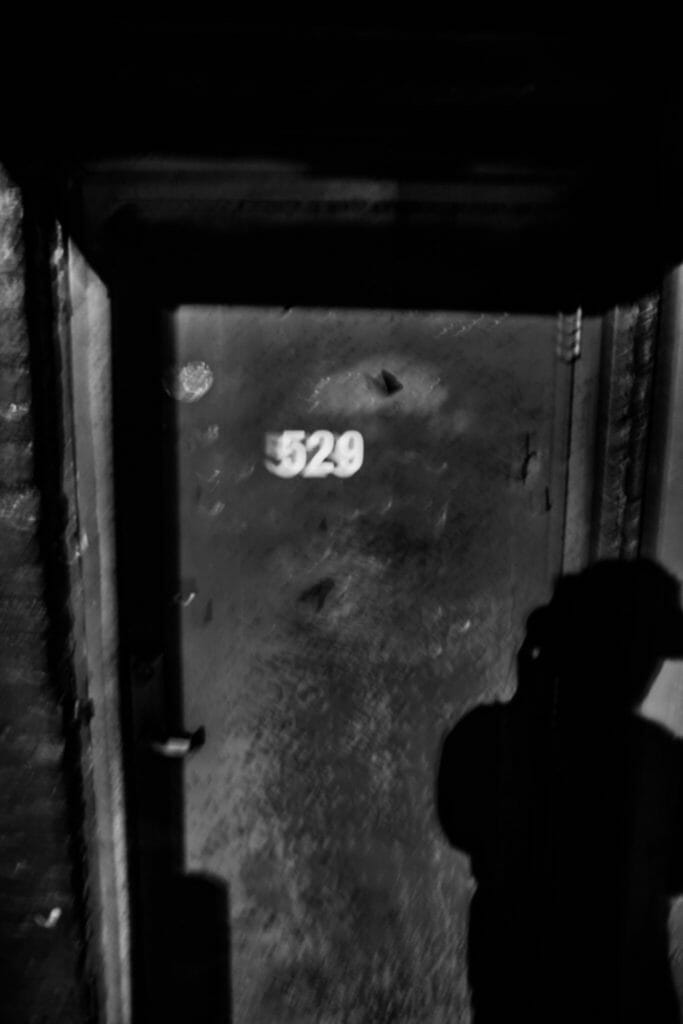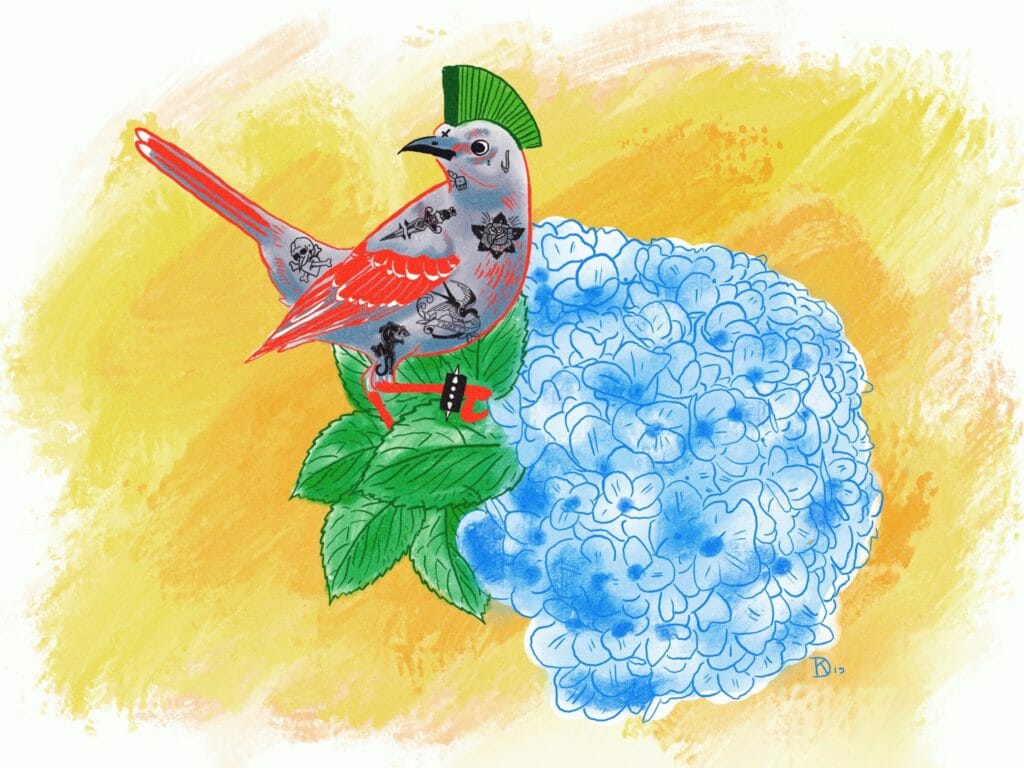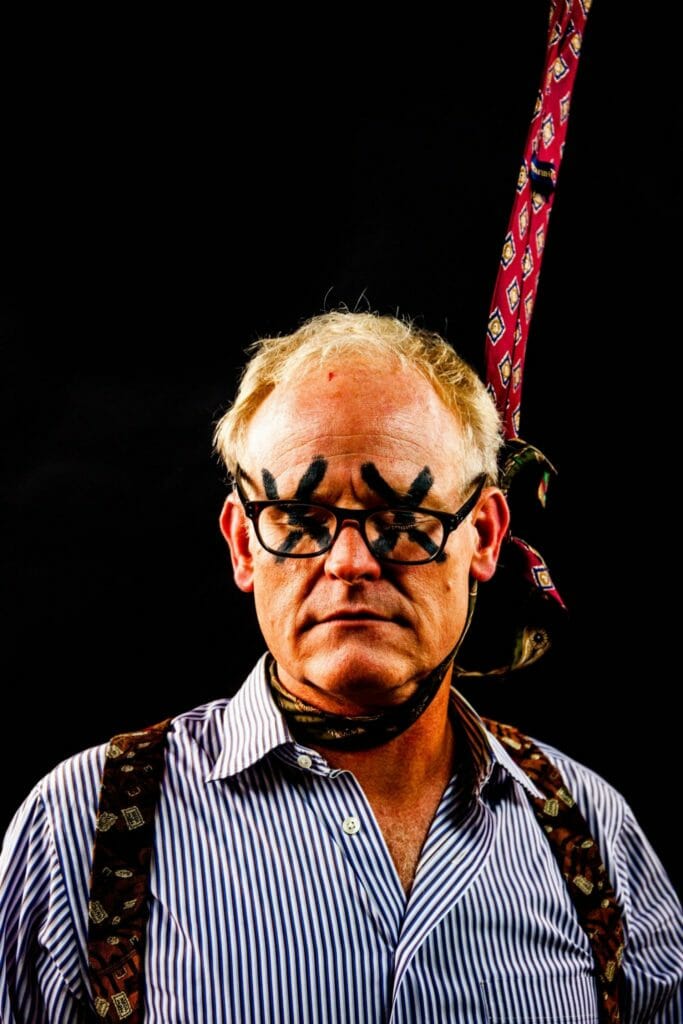Growing up in Southwest Georgia, where Jesus is the president and being gay is the same as having leprosy, the “Southern Lady” has quite a standard to uphold. As an essential component of that standard, my feminine appeal and overall presentation were the constant subjects of either praise or criticism. Perhaps (often) I wasn’t ladylike, to my mother’s extreme chagrin and vocal criticism. Or maybe my “cute figure” and “classic beauty” were lauded as prize attractions to draw in the worthiest suitor (which, of course, would be a fine Christian white man with a good job to provide for me—the possibility of me being gay was so outlandish as to not exist in their minds). Either way, looks were always the basis of sweeping judgements and indicators of well-being.
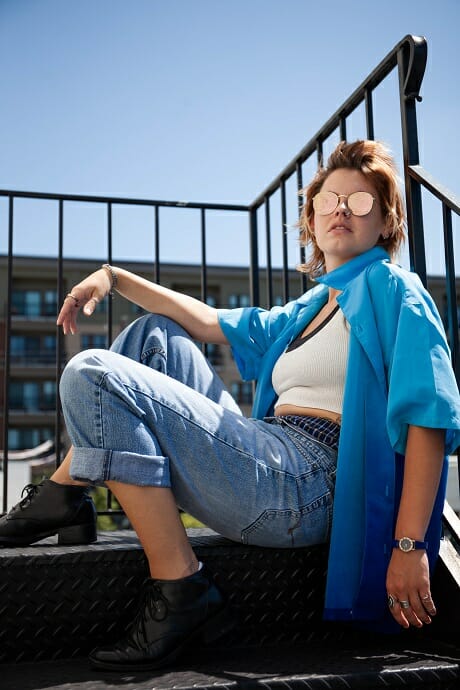
There’s a reason Southern women are known as the queens of gossip. Seeing so-and-so at the store, her hair not done, her clothes a saggy mess—and did you notice she’s gained some weight? Bless her heart, she must be taking the divorce hard. These are not indications of a lazy day where you didn’t want to get done up, or even a proclivity towards dressing simply. They’re considered outcries for help.
I couldn’t even begin to count the times I was about to leave the house for a menial errand like a grocery store run or, hell, even to get some toilet paper from the pharmacy, and my mother would beseech me. “Julianna, please at least put lipstick on, for goodness’ sake. Do you have to wear your glasses? You might see somebody!” She didn’t hesitate to let me know I had gained some weight when I returned home from my first semester in college, either. “You might want to start working out again,” she’d warn me. That moment was burned into my brain until the day I saw my grandmother do the exact same thing to her, and it dawned on me that my mother wasn’t even aware she’d been passing down this narrative.
Now, I don’t mean to give the impression that I grew up in some kind of boot-camp-style self-loathing dystopia. Just as often as my body or general feminine appeal were criticized, they were praised, as well. My family and other people in my hometown often raved about my beauty, my “Rita Hayworth” legs I got from my mama, and my hyper-feminine pinup girl style at the time. Regardless of the nature of the recognition, growing up in such a culture caused me to be keenly aware of my looks and other people’s perception of me.
“Julianna, please at least put lipstick on, for goodness’ sake.
Of course, this culture isn’t confined to the South. American culture in general is obsessed with women’s value as the dripping-with-sex-appeal feminine complement to the fully-in-control and brilliant male hero. After a lifetime of being bombarded with images of women who starved themselves to 90 pounds plastered all over magazine covers, billboards, movies, and any other conceivable form of media, how could a girl not feel pressured to live up to a certain standard?
All of this to say, I was your classic American girl with a mostly negative and rather complicated relationship with her body image and physical presentation.
This relationship continued until I finally came out at 25 years old after many long, arduous years of militant repression. (Remember that religious Southern upbringing I mentioned? My country queers know.) When I finally embraced my attraction to women after trying to shove it into the furthest, darkest corners of my mind for years and years, I was overwhelmed by how absolutely perfect every single woman is. Skinny women, curvy women, tall, short, every possible shade of skin tone, femme, masc. And not just “beautiful,” as I would innocently claim when I straight-washed myself. But sexy.
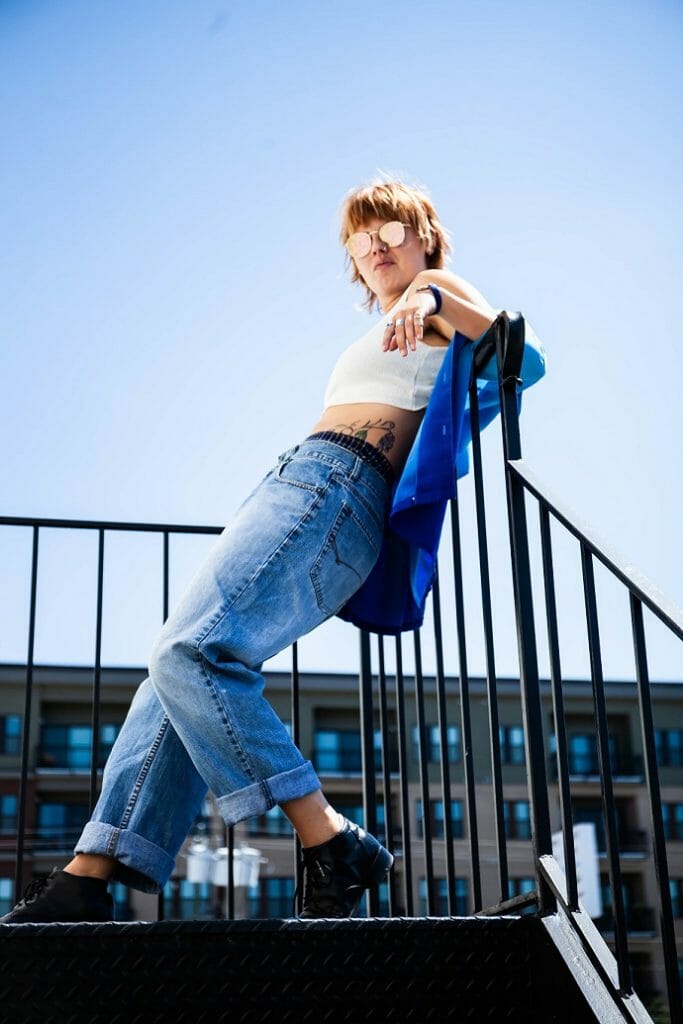
I’d see women everywhere with their supple curves, their gleaming skin, their ringing laughs, and I would be, frankly, floored at just how glorious they were. Next thing I knew, I was looking in the mirror at myself asking, If I find that little bit of extra cushion on a woman’s stomach so beautiful, soft, and supple, why do I look at my own and hate it? If I see a woman with a delicate, small chest and think she is the picture of elegance and desirability, why do I look at my own and wish it were fuller? If I see a woman with an endearingly odd gait and find myself instantly intrigued, why am I so obsessed with being the picture of grace and poise when I cross a room?
This ideology slowly began to bleed into my overall perception of myself. If I saw another woman with this characteristic, would I be criticizing her or admiring her? I began to question all the standards to which I always held myself, especially in presentation. I wondered why I filtered myself constantly so that people (namely men) would find me demure and palatable, when I so deeply admired (and crushed on) outspoken and unapologetic women. When I didn’t feel like being outgoing at a function, rather than beating myself up for not living up to the Southern standard of womanly vivacity and charm, I reminded myself how much I am drawn in by a shy girl in the corner at a party who doesn’t need to be in the middle of everything. When I found myself correcting my body language so that I conveyed delicacy and purity, as I was taught to do, I allowed myself to relax back into whatever posture felt comfortable and natural.
As I let go of all the stereotypically feminine characteristics upon which I had always relied for my sense of flamboyant confidence, I discovered a sense of beauty within myself that went deeper than any superficial Southern sensibility.
As I let go of all the stereotypically feminine characteristics upon which I had always relied for my sense of flamboyant confidence—my signature bright lipsticks, the aforementioned vivacity and charm, my gorgeous and ultra-feminine collection of vintage clothing—I discovered a sense of beauty within myself that went deeper than any superficial Southern sensibility. I started to unfold a picture of myself that was completely outside of masculinity or femininity—a picture that transcended the Southern belle standard.
I remember one of the first days I dressed as boyish as I desired. Having always presented myself so femininely and having relied on people’s reactions to that as a cornerstone of my identity, I was terrified of myself and anyone who saw me. Nonetheless, the desire to present myself differently was so powerful that it (slightly) trumped my terror.
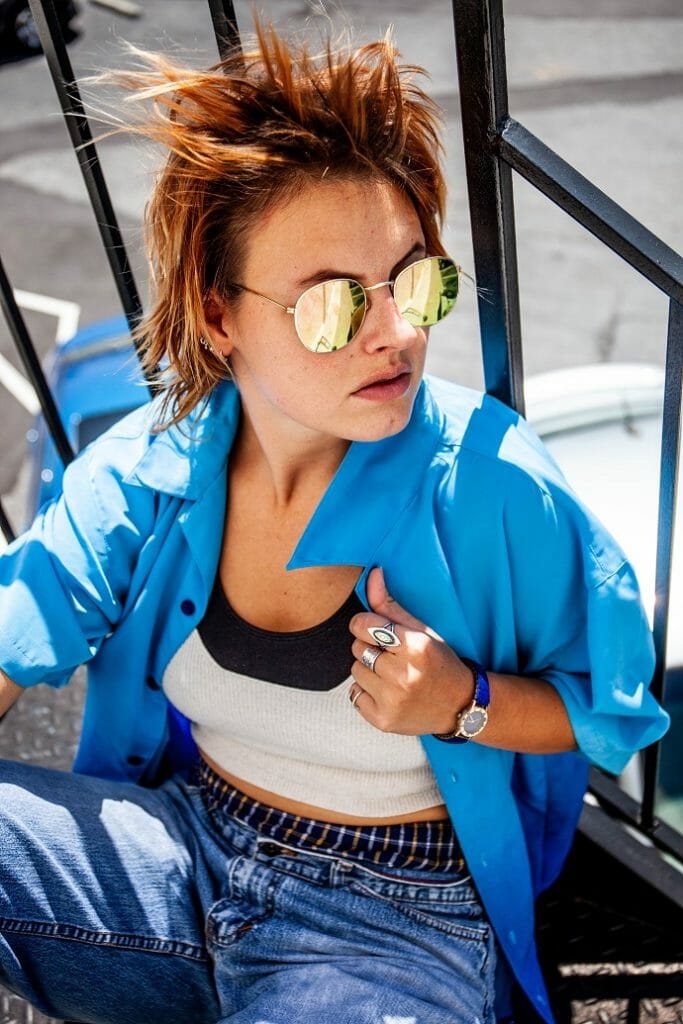
I went to a coffee shop in Little Five Points, trying to quell an anxiety attack as I ordered my coffee. I went outside on the patio with my journal in hopes of calming myself down through writing. Glancing up, I accidentally caught myself in the reflection of the glass patio door. No red lipstick, no dangly earrings, no vintage silk scarf in my hair. And I felt more beautiful and perfect than I ever had in my life. As the rawest, most unobstructed version of myself. I felt utterly whole. Neither masculine nor feminine, neither gorgeous nor handsome. Just myself.
My Southern upbringing still runs strong in my blood. My desire to provide hospitality to others, my love for old school country and bluegrass, and my passion for all fried foods are just a few testaments to that. But that upbringing no longer sets the standard for how I view myself or how I present myself to the world. Day by day, I’m learning to embrace the good parts of my roots and let the rest fall away as I dig deeper into the person I saw on that coffee shop patio for the first time. I queer-eyed myself, and I’ll never go back.

